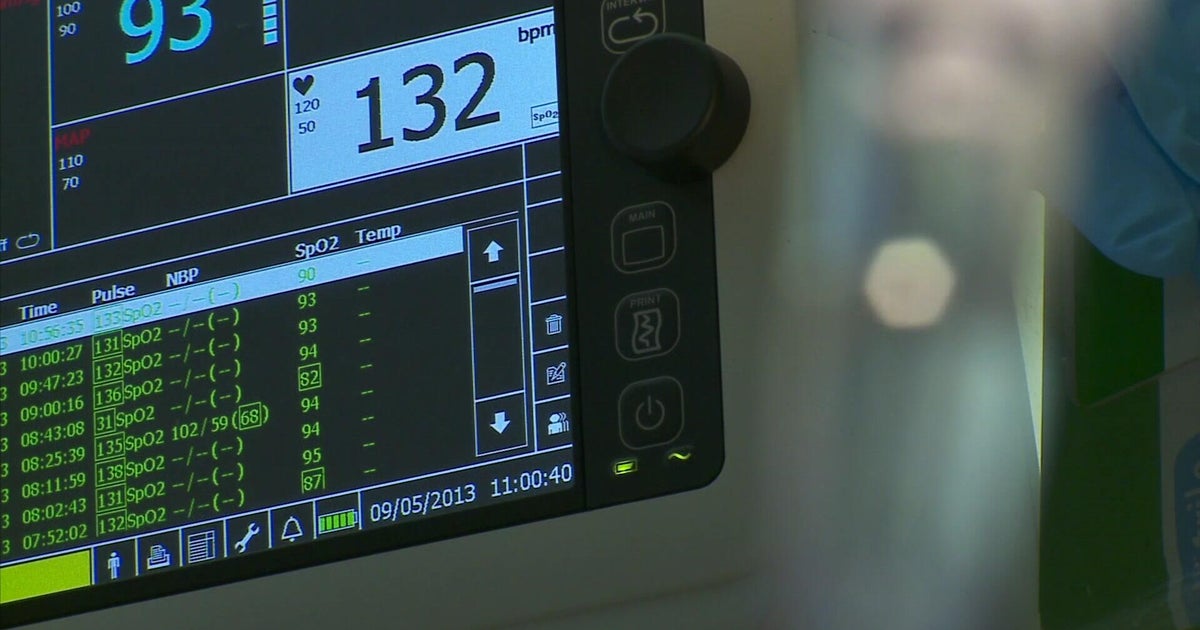Minnesota hospitals could face dire consequences due to federal health care policy changes, including losses of $1 billion annually and a potential reduction in services, officials representing hospitals said Wednesday.
Mary Krinkie, vice president of government relations at Minnesota Hospital Association, told a Minnesota Senate panel focused on federal impacts on the state’s residents that 40% of hospitals had negative operating margins last year.
But more hits could be on the horizon. Hospitals are poised to lose more than $620 million a year if 140,000 Minnesotans are no longer eligible for Medicaid as is estimated in 2027 when Medicaid changes in the “big, beautiful bill” take effect. That figure accounts for additional charity care and lost Medicaid payments.
“We are not in a very good financial position right now to absorb any additional losses,” Krinkie said.
If Congress doesn’t extend the COVID-era Affordable Care Act (ACA) subsidies designed to lower the cost of premiums for more people, Krinkie said hospitals could see additional financial burdens. Those tax credits are set to expire at the end of the year and are at the center of the federal government shutdown fight.
About 90,000 Minnesotans enrolled in MNsure, the “Obamacare” marketplace in the state, could see significant rate hikes without the extension of those credits and 19,000 will lose access to all financial support available, said Libby Caulum, CEO of MNsure.
On average, premiums are expected to rise 21.5% for all Minnesotans enrolled in the individual market, according to the Minnesota Department of Commerce.
Krinkie told state lawmakers that without those enhanced credits, thousands could drop coverage and therefore drive up the cost of uncompensated care at hospitals to the tune of another $115 million. Additional revenue losses would bring the total to $377 million.
“Health systems in Minnesota are already in a pretty precarious position. So we know that we will be forced to close additional services if these cuts come to full fruition, and we’re going to need your help, we can’t maintain the level of services. We have 24/7, unless something changes,” she said.
Caulum gave this example to capture the impact of the expiring enhanced premium tax credits: A couple in their early 60s in Mankato could be seeing their premiums increase from $500 per month today to $2,000 per month next year. That’s a “staggering” 322% increase in what they pay, she explained.
“Our main message to consumers is that plans and prices change every year, but this year, there will be big changes for many,” Caulum said.
MNsure estimates up to 45% — 62,000 — of enrollees could drop coverage with all the federal changes to the Affordable Care Act taken together.
As for the geographical impact, the Minnesota Hospital Association said 77% of the hospitals losing money today are in rural areas, which is poised to bear the brunt of federal policy changes accelerating financial losses.
Joe Schindler, vice president of finance policy and analytics, said Greater Minnesota will also suffer more deeply if the enhanced ACA tax credits are not renewed.
“The individual market is focused on individuals — farmers, small businesses — whereas in the metro we have larger businesses, more group coverage. So for that reason, we think this hits harder in rural areas,” he said.

